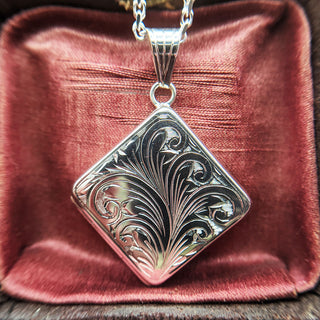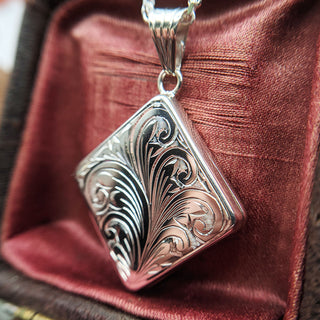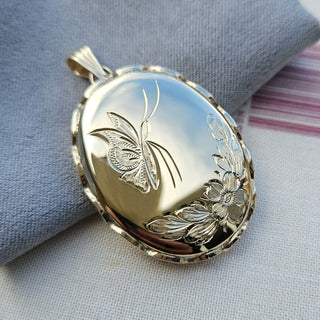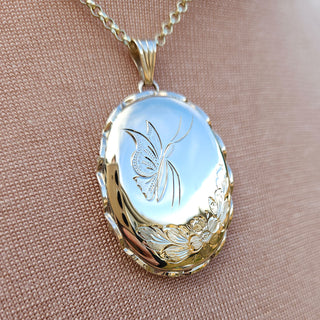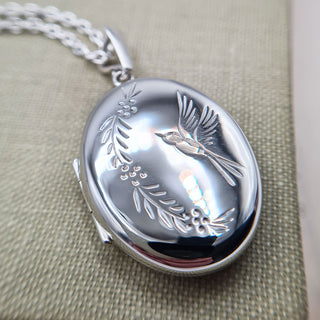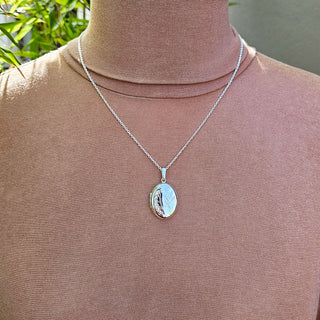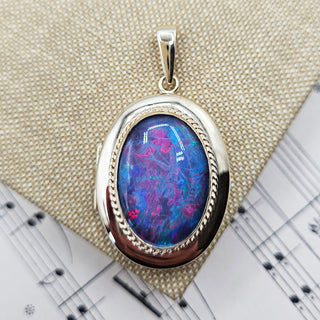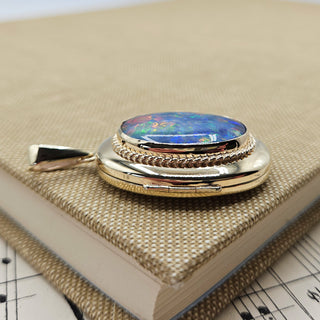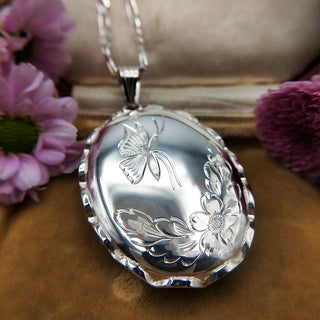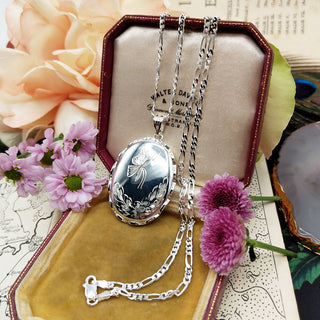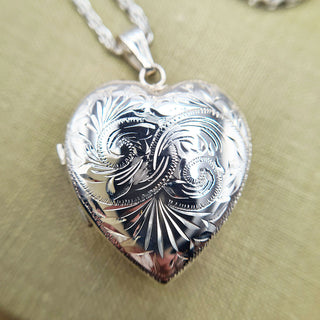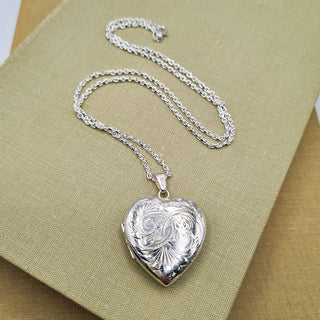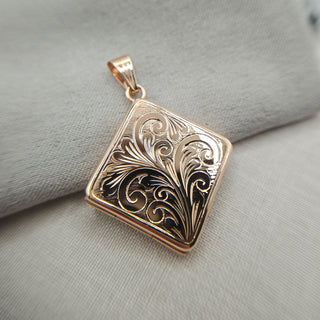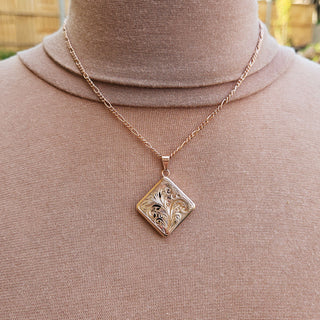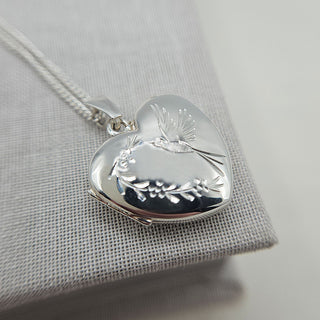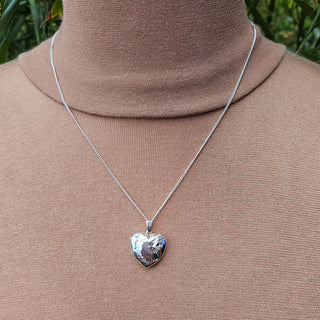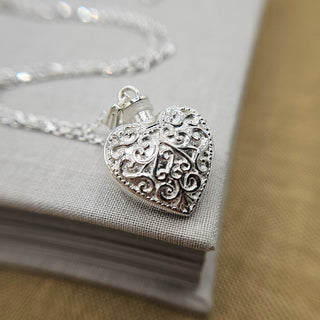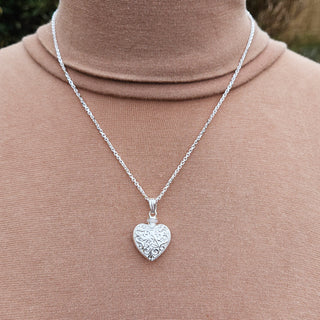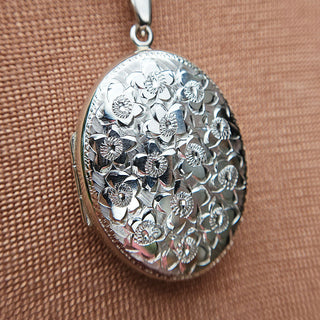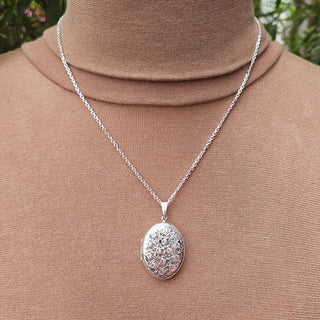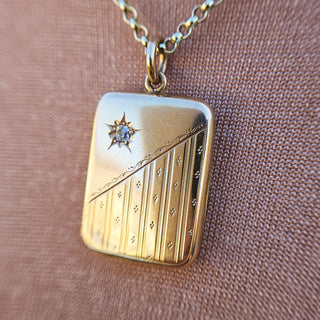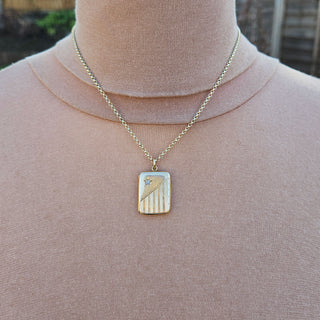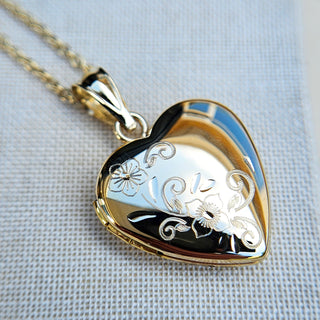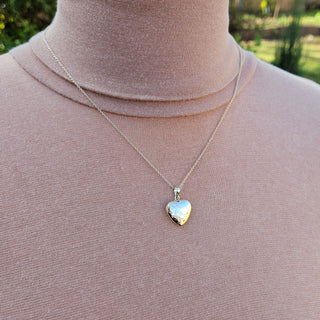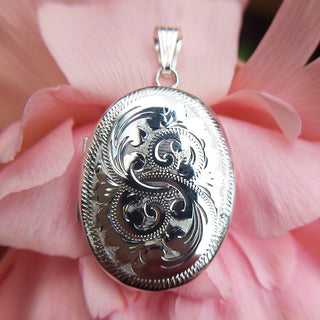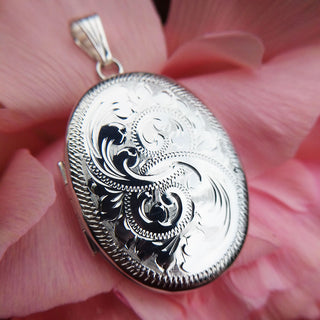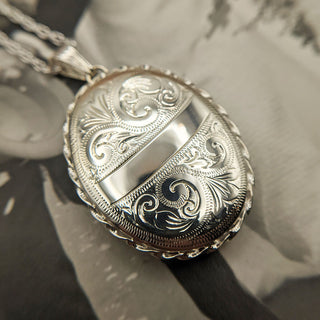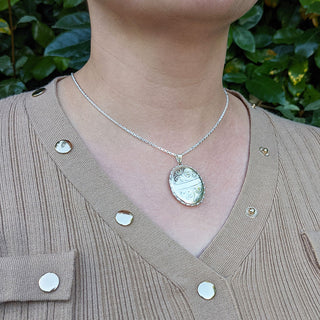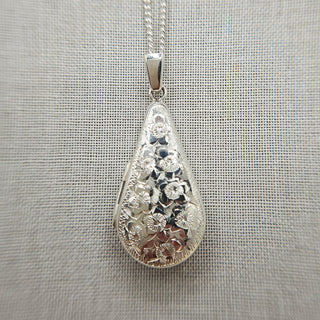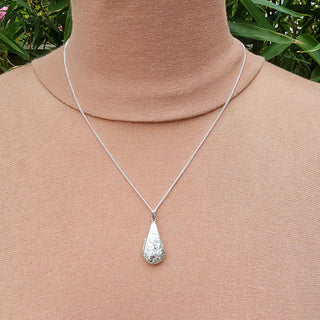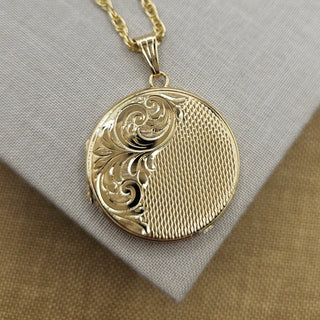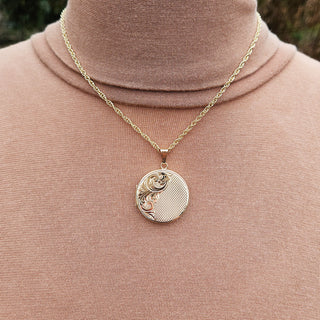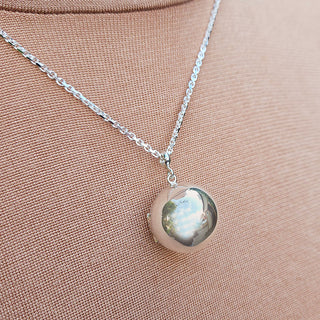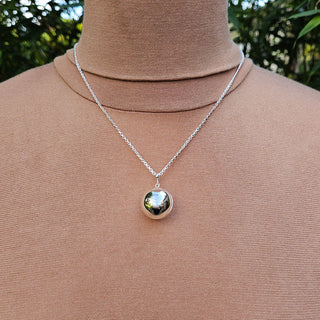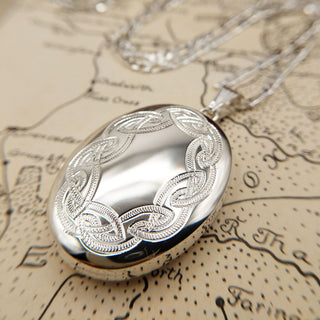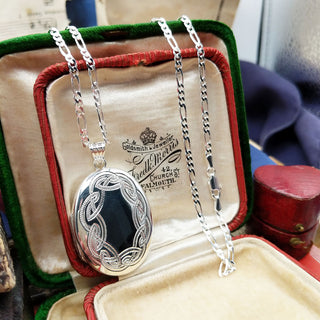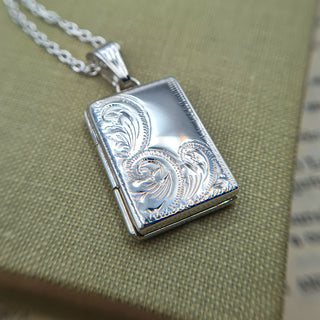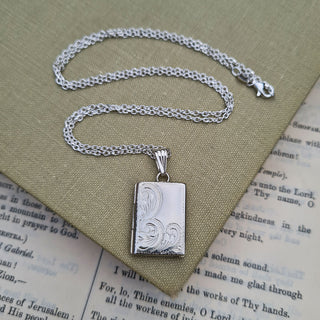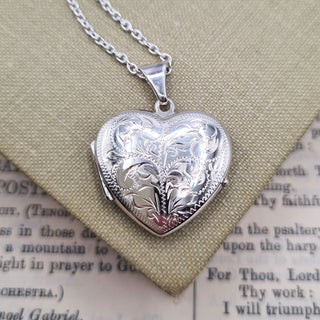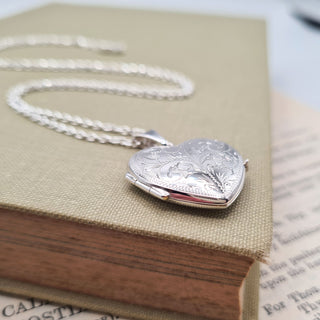Locket Necklaces
Vintage Style Engraved Kite Shaped Locket
Sterling Silver
from £195.00
- Unit price
- /per
4 lengths
- No Chain
- 20 inch
- 22 inch
- 24 inch
- No Chain
- No Chain
- 20 inch
- 22 inch
- 24 inch
- No Chain
Large Oval Butterfly Locket with Fancy Wire Edge
Sterling Silver
from £229.00
- Unit price
- /per
4 lengths
- No Chain
- 20 inch
- 22 inch
- 24 inch
Large Four Photo Family Heart Locket Necklace
Sterling Silver
from £360.00
- Unit price
- /per
4 lengths
- No Chain
- 20 inch
- 22 inch
- 24 inch
- No Chain
- 18 inch
- 20 inch
- 22 inch
- 24 inch
- No Chain
- 20 inch
- 22 inch
- 24 inch
- No Chain
- 20 inch
- 22 inch
- 24 inch
Large Engraved Four Photo Locket Necklace
Sterling Silver
from £299.00
- Unit price
- /per
4 lengths
- No Chain
- 20 inch
- 22 inch
- 24 inch
Large Victorian Style Oval Locket with Fancy Wire Edge
Sterling Silver
from £275.00
- Unit price
- /per
4 lengths
- No Chain
- 20 inch
- 22 inch
- 24 inch
- No Chain
- 18 inch
- 20 inch
- 22 inch
- 24 inch
- No Chain
- No Chain
- 20 inch
- 22 inch
- 24 inch
- No Chain
- 20 inch
- 22 inch
- 24 inch
- No Chain
- 20 inch
- 22 inch
- 24 inch
- No Chain
- 18 inch
- 20 inch
- 22 inch
- 24 inch
- 1
- 2
You’re viewing 1-20 of 22 products
Locket Jewellery - Your Guide
The History of Lockets
Lockets evolved from ancient protective amulets, originally holding herbs, perfumes, or poisons. An early example of a locket as a sentimental keepsake is Queen Elizabeth I's portrait locket ring which housed an image of her mother, Anne Boleyn. Victorian times saw lockets reach peak popularity, especially during the mourning jewellery trend following Prince Albert's death.
Lockets Today
Modern lockets celebrate love, family, and friendship - perfect for photos of loved ones or pets. They also work beautifully as fashion pieces for layering, and can be engraved with special dates or initials.
Our Solid Gold & Silver Lockets
Many are handcrafted in Birmingham's Jewellery Quarter by master craftsmen and feature full British hallmarks. Hand-engraved patterns and gemstone settings showcase incredible traditional skills of English manufacturing jewellers.
Choosing the Right Chain
Protect your precious locket with a sturdy chain that's at least half the locket's weight. We recommend solid (not hollow) chains for security. We can source the perfect chain in gold or silver for your locket, just reach out to us directly for advice.

